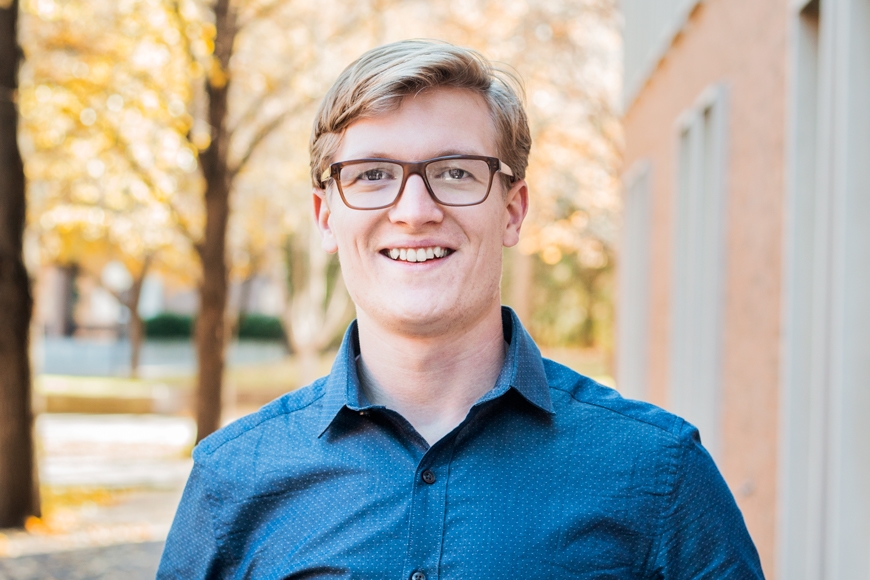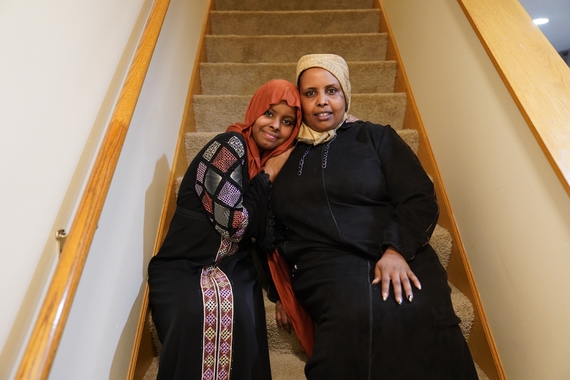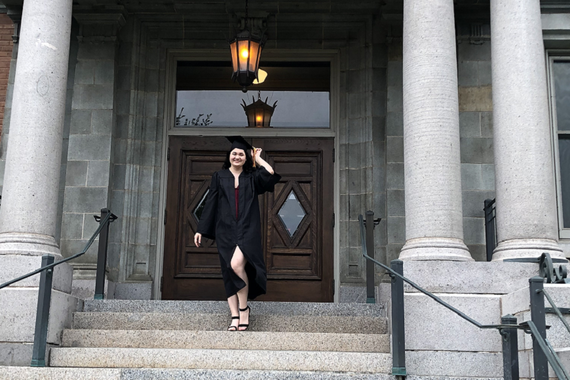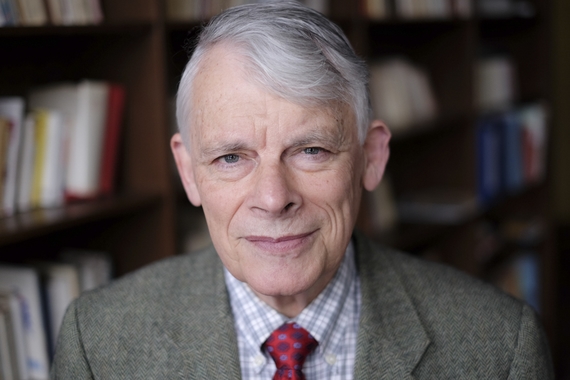Russian & History: Great Prep for Law School
An hour-and-a-half drive southwest of Minneapolis will land you in Mankato, the former stamping grounds of 2018 graduate Billy Bigham. It’s where he grew up and played hockey alongside Russian and Ukranian teammates, who first inspired him to learn Russian: “They just got me interested in the language. It sounded different, and I knew it was challenging.” Bigham went on to double-major in Russian and history at the University of Minnesota and is now a first-year law student here. Bigham plans to continue his Russian avocation into the future, “I think it is unique and also I just love being able to speak it when I get a chance. It’s a beautiful language.” When he’s not in class, you can find him in the rink, playing for the law school’s hockey team, the Fighting Mondales.
How has your background in Russian prepared you for law school? How do you think it will play into your future career?
I want to go into international law and specifically want to work with Russian or eastern European entities, so obviously there’s a connection! I think that being able to communicate in Russian will give me a chance to show people I work with from the Russian-speaking world that I appreciate their cultures and language. I hope that speaking Russian will help me to show them respect and gain their trust.
With the Russian major you study literature as well as language and that really improved my critical reading skills. In regard to the language you have to be precise about the letters you’re using and you also have to pay attention to how everything works together. You just have to pay close attention to detail when you work with a foreign language. That was a great primer, especially for my contracts class because you have to be so precise and pay attention to every minute little detail in a document.
In law school we talk a lot about policy considerations, asking questions such as “why is the law this way?” and “what is society getting from this?” My time studying Russian literature has given me insight into how to approach questions like these. Through philosophy in Russian literature, I’ve learned a lot about people’s responsibility to take care of one another. I think it applies when looking at policy considerations in law school. I did my senior project on Crime and Punishment, a novel by Fyodor Dostoyevsky that deals with showing care for others and the idea that no one is above the laws of society.
How has your history degree prepared you for studying law?
I read a lot for both Russian and history and I think that that experience has helped me with managing my reading load in law school. In college, I developed the skill of finding the takeaways from a large volume of material and I use that skill all the time as a law student.
I took a course called History of European Intellectual Thought. We studied several European philosophers, such as Immanuel Kant and John Stuart Mill. That provided me with good context coming into the study of American law because a lot of it revolves around the question of “What would a reasonable person do?” That philosophy of law came from this small percentage of the world population, which were these European imperialists. They’re the ones who decided who a “reasonable person” is, and I think it is important to recognize that such a limited perspective still impacts our law system today.
I also took a great class on American Indian history. I came away from it with a greater context and consciousness of the importance of Indigenous peoples’ sovereignty, which has important legal ramifications today.
What drew you to international law--other than your interest in Russian?
I would like to do something that helps people trade goods or ideas across borders in a respectful and mutually beneficial way. I think that so much good can happen when the world is connected, that’s when the best ideas and services are brought to light. I want to facilitate this type of trade through legal work.
This story was written by an undergraduate student in CLA.



